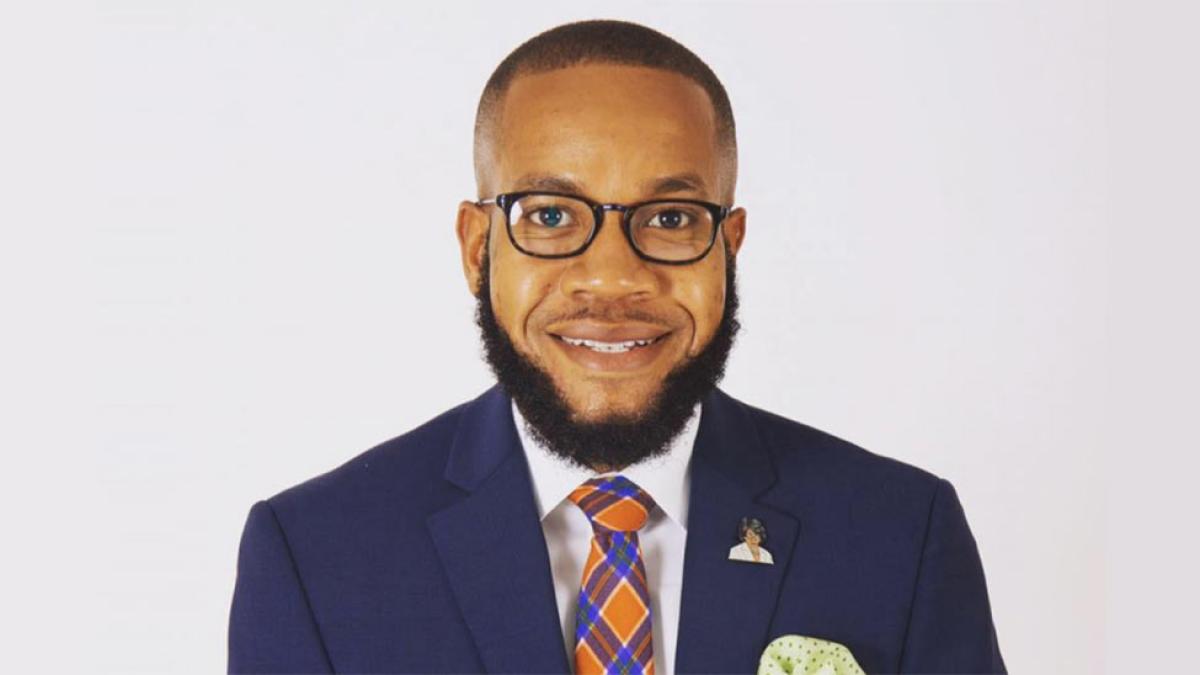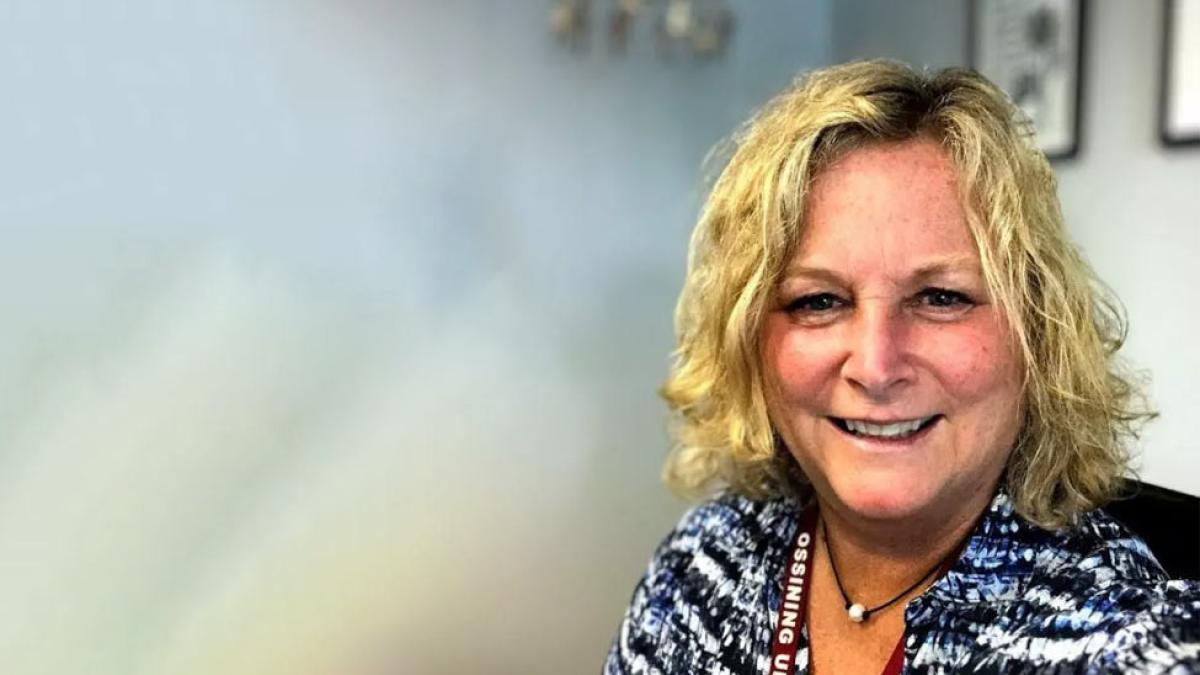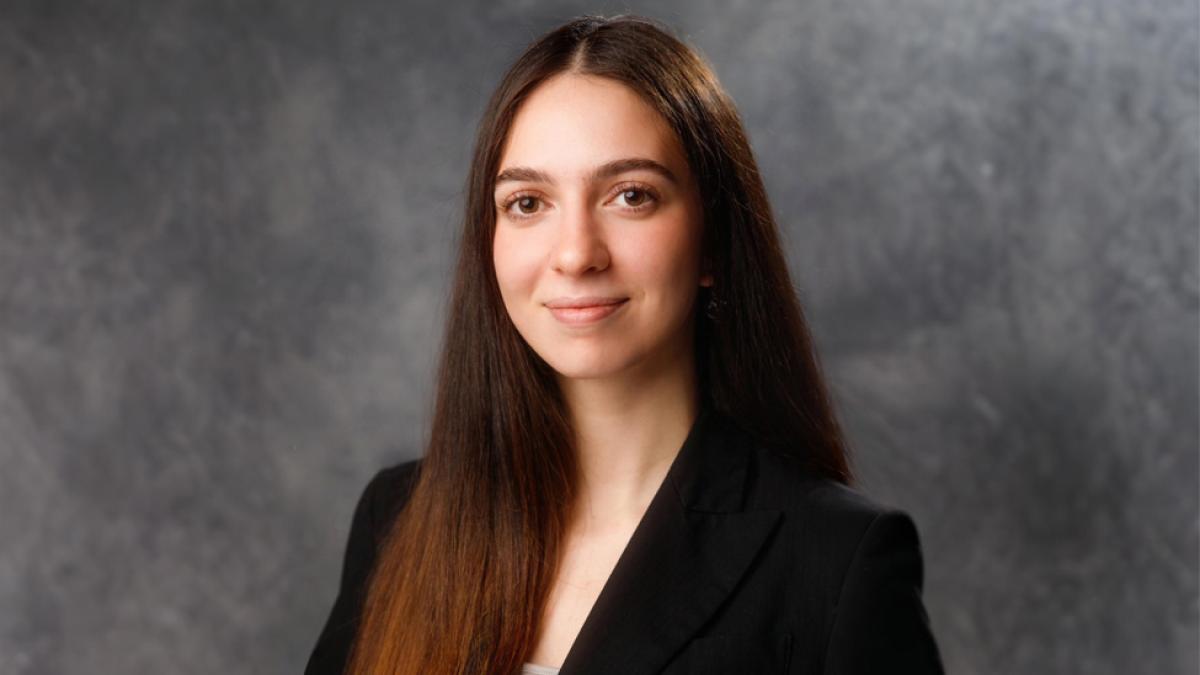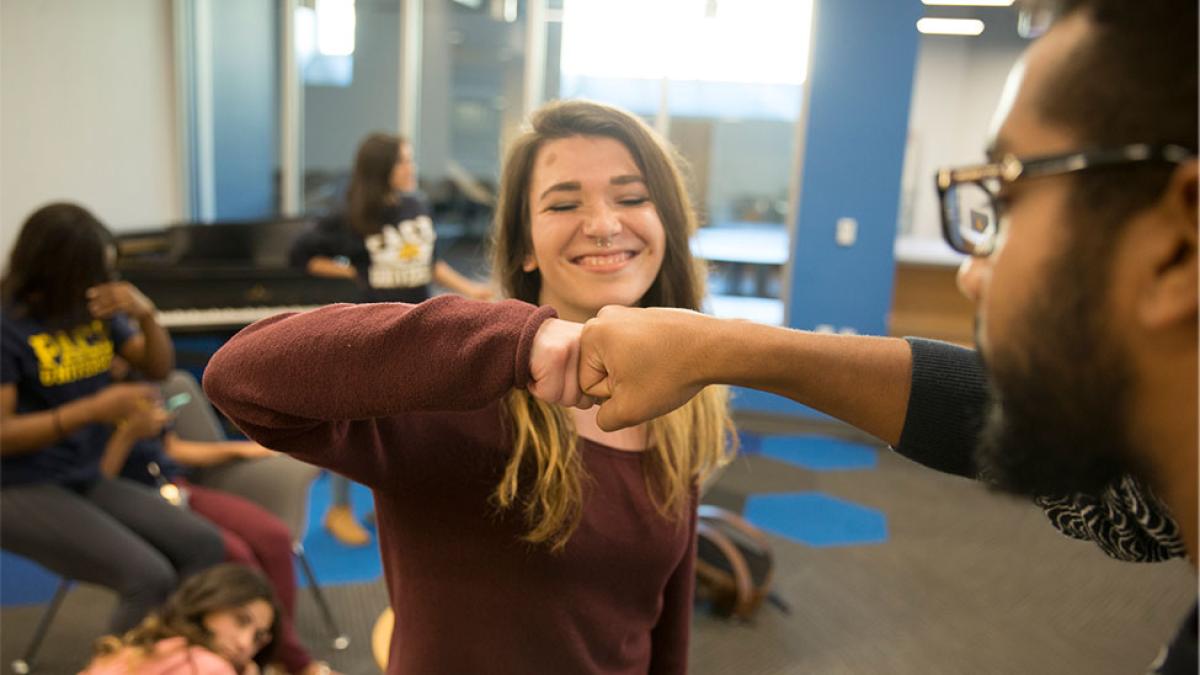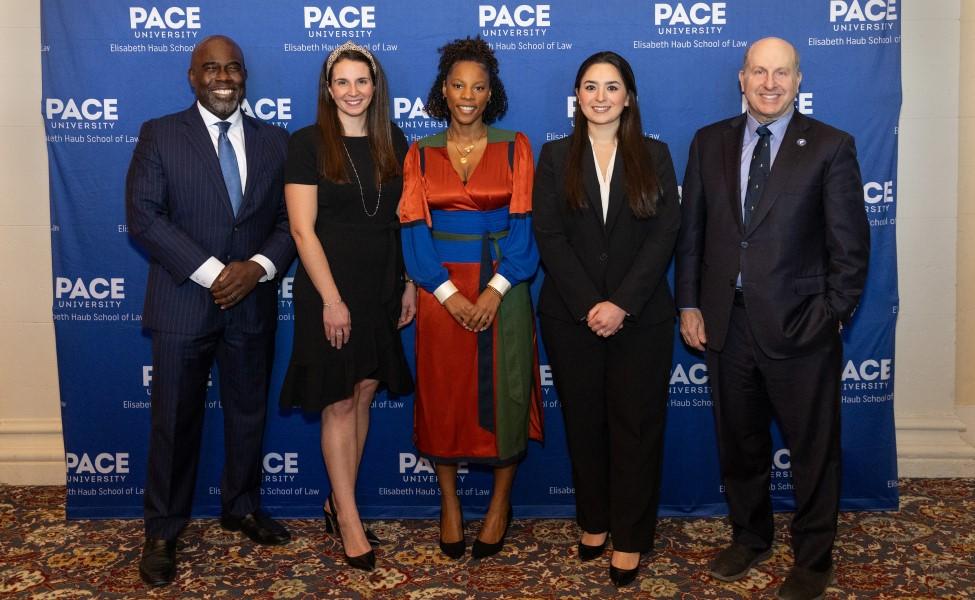
Distinguished Lawyers and Alumni Honored at Elisabeth Haub School of Law at Pace University 30th Annual Law Leadership Dinner
The Elisabeth Haub School of Law at Pace University hosted its 30th Annual Law Leadership Dinner at the Westchester Country Club on Thursday, March 28, 2025, celebrating alumni and friends of the Law School whose achievements and support advance the mission of legal education and enrich the broader legal community.
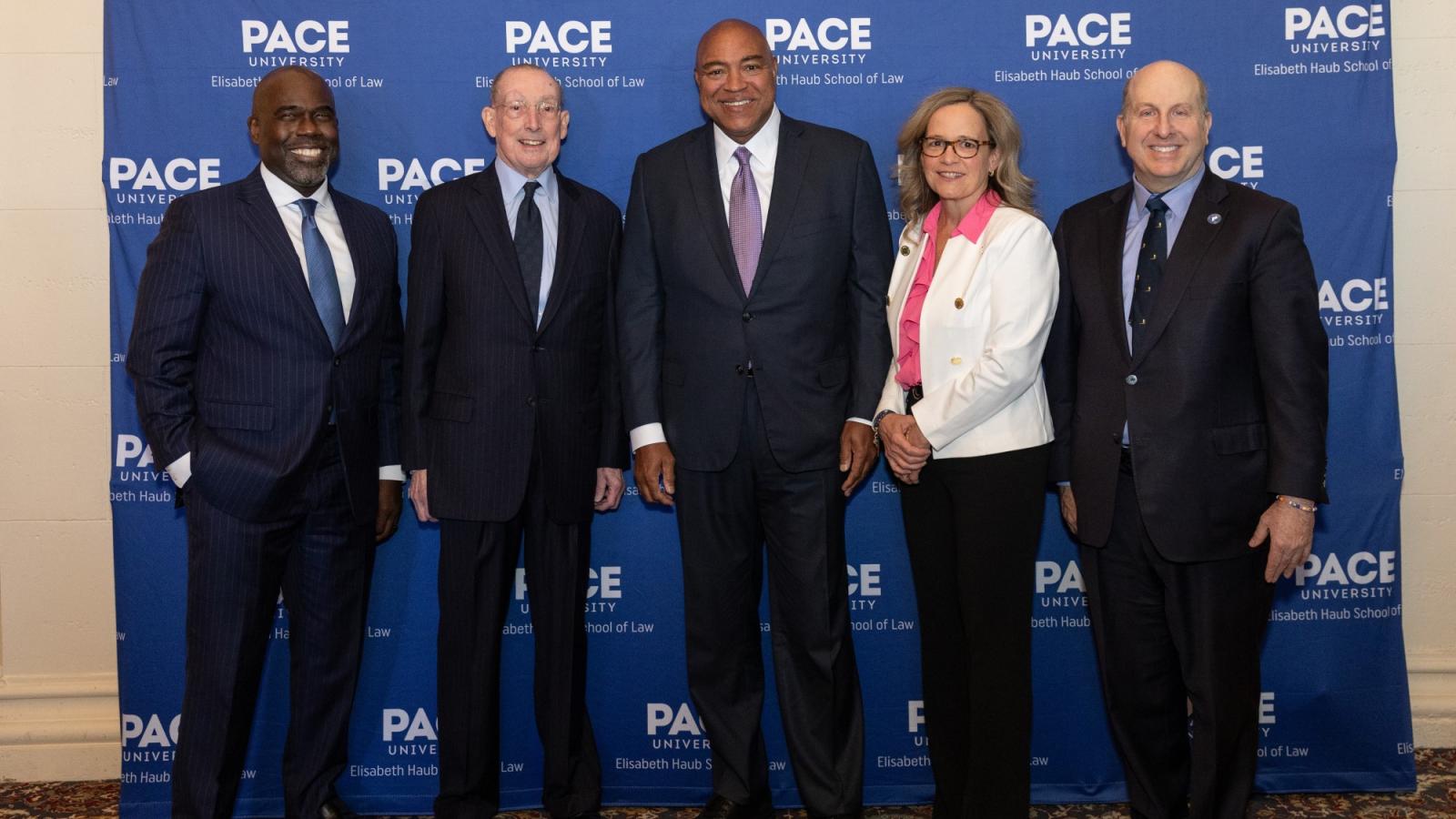
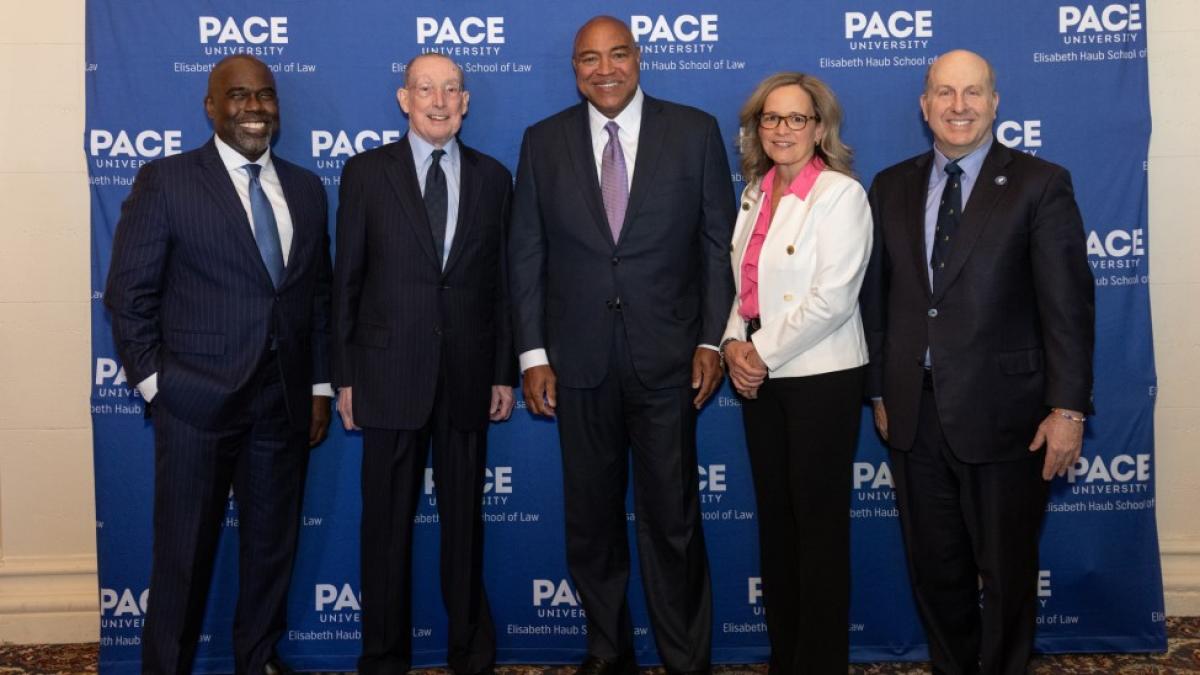
The Elisabeth Haub School of Law at Pace University hosted its 30th Annual Law Leadership Dinner at the Westchester Country Club on Thursday, March 28, 2025, celebrating alumni and friends of the Law School whose achievements and support advance the mission of legal education and enrich the broader legal community.
More than 200 alumni, faculty, students, elected officials, members of the judiciary, and distinguished lawyers attended the celebration, raising vital funds in support of student scholarships, faculty research, and innovative programs at the Law School.
This year, the Law School was proud to recognize three outstanding legal professionals as Law Leadership Award honorees: Paul C. Saunders, Susan E. Galvão ’93, and Vernon J. Brown ’96.
Paul C. Saunders was recognized for his decades of excellence in litigation and his distinguished career at Cravath, Swaine & Moore LLP, where he served as a partner and later as Of Counsel until his retirement in 2014. Mr. Saunders, who holds degrees from Fordham College, Georgetown University Law Center, and NYU, is widely respected for his leadership in the profession and commitment to the advancement of legal standards and ethics.
Susan E. Galvão ’93, Co-Managing Partner at Bleakley Platt and Schmidt, LLP, was honored for her professional accomplishments and continued dedication to Haub Law. A member of the firm’s Executive Committee and a seasoned litigator, Galvão has represented a wide range of corporate and individual clients in state and federal court. She also serves on the Haub Law Board of Visitors, demonstrating her commitment to the next generation of legal professionals.
Vernon J. Brown ’96, founder of V. Brown & Company, was celebrated for his remarkable impact in the entertainment industry and his longstanding service to the Law School. Recognized by Billboard Magazine as one of the “Top Lawyers in the Music Business,” Brown has represented clients including Cash Money Records and managed over $300 million in assets. In addition to his legal and business accomplishments, he has taught entertainment law at Haub Law since 2006 and serves on its Board of Visitors.
"Each of these three honorees has made significant contributions to the Law School over many decades, leaving a lasting impact on generations of lawyers whose lives they’ve touched—often in ways both profound and personal.”
This year’s Law Leadership Dinner was emceed by Amy Divino ’91, co-chair of the Prosecution Practice at Cozen O’Connor. The evening began with remarks from Pace University President Marvin Krislov, followed by an update from Elisabeth Haub School of Law Dean Horace E. Anderson Jr., who highlighted recent achievements at the Law School. The event not only marked the 30th anniversary of the Law Leadership Dinner but also looked ahead to an even greater milestone—the Law School’s 50th anniversary, just one year away.
“Each of these three honorees has made significant contributions to the Law School over many decades, leaving a lasting impact on generations of lawyers whose lives they’ve touched—often in ways both profound and personal,” said Dean Anderson. “From their dedication in the classroom and their willingness to share expertise and professional connections with our students, to their mentorship, leadership on boards and committees, and generous philanthropic support—they have been steadfast friends of the Law School. As distinguished lawyers and alumni, they not only exemplify the best of our community but have also made a meaningful mark on the broader legal profession.”

During the dinner, Haub Law also honored three outstanding alumni with the Shining Star Award, which celebrates young alumni who are already making significant contributions to the legal profession and their communities:
Lauren C. Enea ’16, a partner at Enea, Scanlan & Sirignano, LLP, who concentrates her practice in elder law, special needs planning, and estate administration. In addition to her client work, Enea has played a key role in the growth of her firm, leading the opening of a second office in Somers, NY.
Monica Lindsay ’19, an associate at Cleary Gottlieb Steen & Hamilton LLP, specializing in mergers and acquisitions, particularly public company and strategic transactions. Monica has developed a deep expertise in complex corporate matters, advising both domestic and international clients.
Nicolette Pellegrino ’18, Assistant Director of Legal Recruitment at the New York City Law Department, where she supports recruitment, training, and continuing legal education. She previously served as senior counsel in the Law Department’s Special Federal Litigation Division, defending the city in federal civil rights cases.
The 2025 Law Leadership Awards Dinner was made possible in large part to a number of generous sponsors, which you can view in the event program.
Haub Law’s BLSA Trial Advocacy Team Finishes Strong in National Competition
The Elisabeth Haub School of Law at Pace University’s Black Law Students Association Mock Trial Advocacy Team finished strong in the prestigious 57th Annual Constance Baker Motley Mock Trial Competition. After months of dedicated preparation, the team traveled to Atlanta, Georgia for the Competition, ultimately placing fourth in the nation based on preliminary scores, which propelled them to the competition's quarterfinals where the team finished in the top eight among over twenty competing schools.
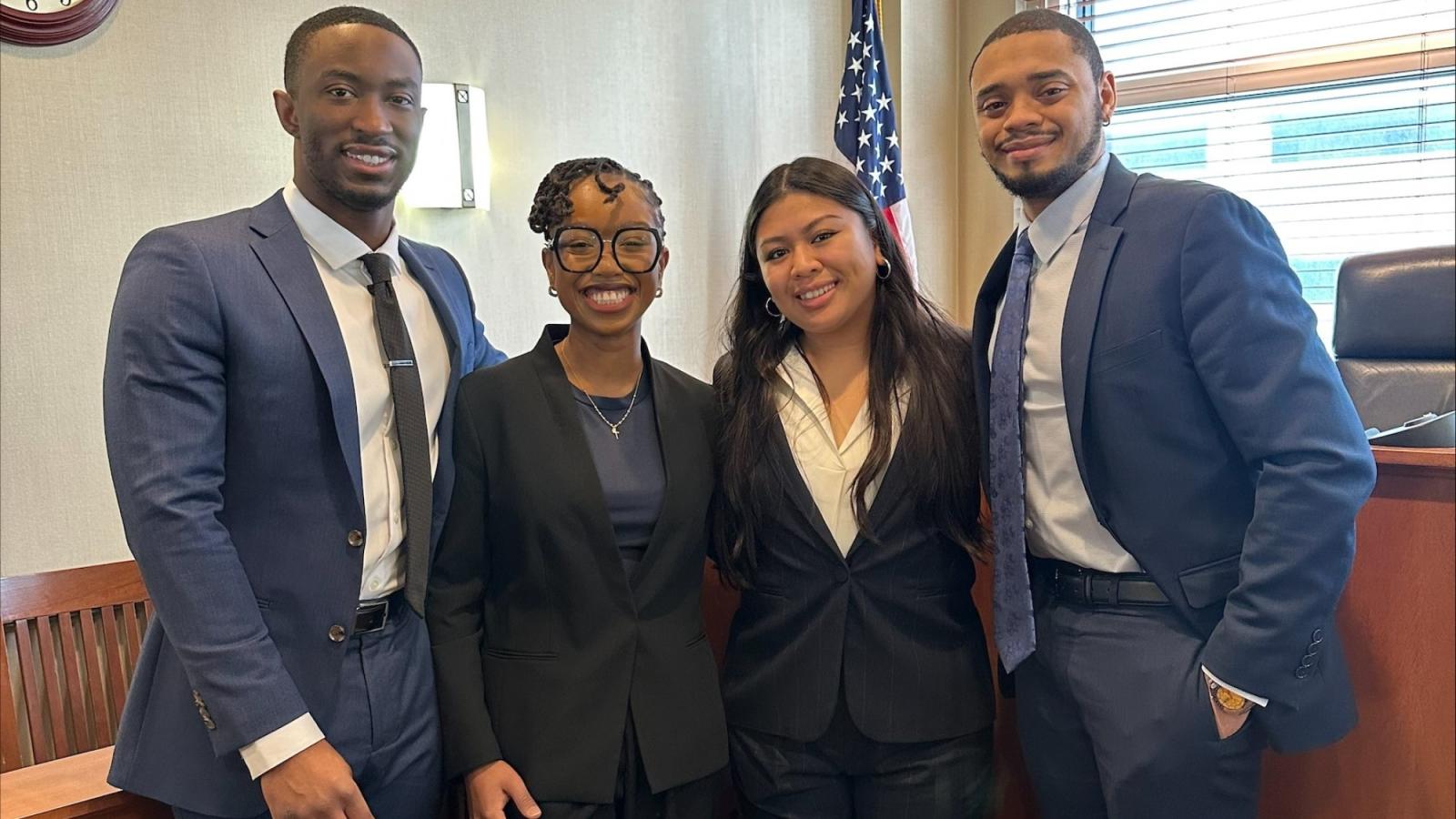
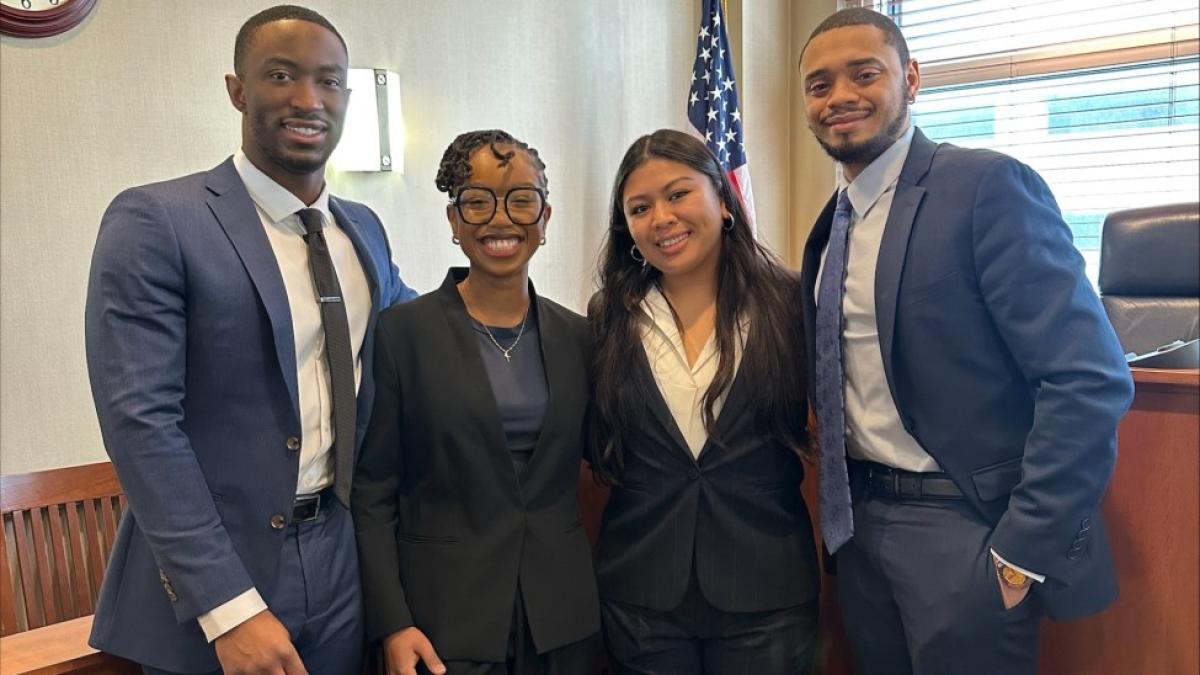
The Elisabeth Haub School of Law at Pace University’s Black Law Students Association Mock Trial Advocacy Team finished strong in the prestigious 57th Annual Constance Baker Motley Mock Trial Competition. After months of dedicated preparation, the team traveled to Atlanta, Georgia for the Competition, ultimately placing fourth in the nation based on preliminary scores, which propelled them to the competition's quarterfinals where the team finished in the top eight among over twenty competing schools.
The BLSA defense team for the Competition included Ashley Baizas (3L) and Jason Lee (4L), while Julie Bazile (2L) and Andrew Pierre (3L) served as the prosecution. Brianna Pryce, Esq. ‘20 prepared, mentored, and coached the team with Adjunct Professor Betty Lawrence Lewis providing support as well.
“I am proud of the Pace Haub BLSA Mock Trial Team,” said BLSA Mock Trial Team Coach Brianna Pryce. “Each student embraced the challenge, honing their skills in critical thinking, public speaking, and legal analysis. Their ability to craft compelling arguments, conduct themselves with poise in the courtroom, and support one another exemplifies their growth—not just as competitors, but as individuals. The countless hours of practice, late nights of research, and tireless dedication to refining their arguments truly paid off.”
Student competitor and BLSA Vice President, Jason Lee (4L), describes participating on the BLSA Mock Trial Team as one of the most transformative decisions of his law school journey. “Through many long nights of preparation and deep commitment to the craft of advocacy, I found my voice — not just as a student, but as a future trial attorney. This experience gave me confidence and reminded me that I can achieve more than I imagined. I am forever grateful to our incredible coaches and to my teammates.”
Leading up to the national competition, the Pace Haub BLSA team finished in the top two teams at the regional Constance Baker Motley Mock Trial Competition. At the regional competition, student competitor Julie Bazile (2L) received an individual award for Best Prosecution Advocate.
“I am so proud of our BLSA team, which once again made it to Nationals,” said Professor Louis Fasulo, Director of Advocacy Programs and Professor of Trial Practice. “Led by Coach Brianna Pryce and Professor Betty Lewis, we are clearly one of the strongest competitors year after year. Congratulations to the team, who consistently displayed hard work and strong skills. We all could not be prouder.”
The Elisabeth Haub School of Law at Pace University’s trial advocacy program is consistently ranked among the top institutions by U.S. News and World Report, with the most recent ranking of #13 in the nation, placing it impressively among the top 10% of schools nationwide.
A Competitor on the Court and in the Classroom
Jabari Nurse ’26 led Setter basketball to one of its most successful seasons, all while continuing to excel in the software development arena.
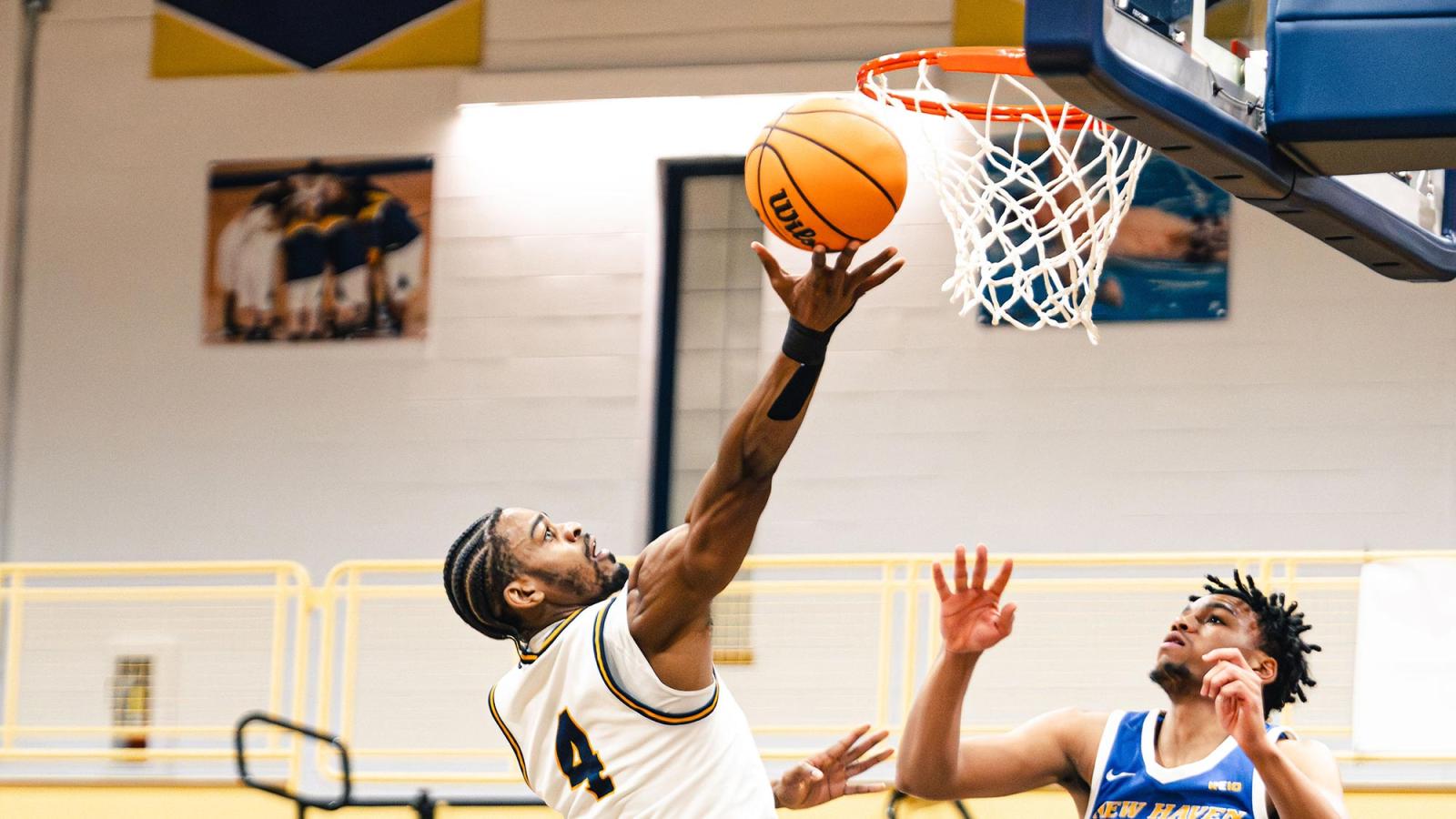
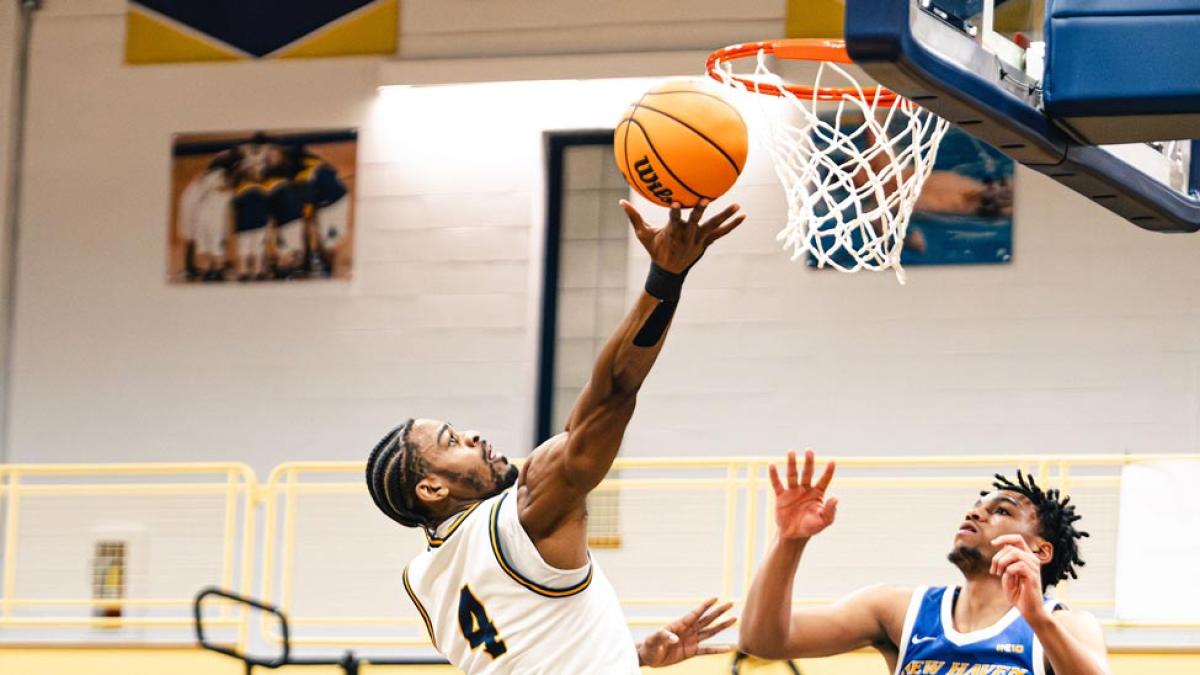
“I’ve got the best of both worlds.”
By day, Jabari Nurse ’26 is a dedicated and accomplished Seidenberg student, majoring in information technology. By night (and early morning, when there is practice) he is an integral member of the Pace University Men’s Basketball team. As he puts it, he relishes the opportunity to gain a valuable degree in tech while making an impact on the court.
“I knew Pace was a great academic school and I know I’ll get a great degree from Pace, not to mention the strong sense of community. I feel like I had a great opportunity to excel as a person and a basketball player.”
With a few years of experience under his belt, Jabari has been key in Pace basketball’s resurgence. After missing the NCAA tournament last year, the Setters came roaring out the gate with a 15-0 start, made their first-ever appearance in the NE-10 Conference Championship, and earned a berth in the national NCAA tournament. Jabari, a team captain, has started every single game this season, averaging 10.5 points and 5.4 rebounds–not to mention his team-leading 18 blocks and savvy defensive presence, for which he was awarded All-Defensive team honors by the NE-10.
“Jabari is everything we look for in a Men's Basketball student-athlete here at Pace,” says head coach Matt Healing. “He was named one of our team captains due to his incredible work ethic both on the court and in the classroom. Jabari is a tremendous player that received all conference honors, but his engaging personality and strong leadership qualities are what really makes him stand out.”
I knew Pace was a great academic school and I know I’ll get a great degree from Pace, not to mention the strong sense of community. I feel like I had a great opportunity to excel as a person and a basketball player.
With all of his successes on the hardwood, Jabari remains laser-focused on immersing himself in everything that Seidenberg has to offer. Initially deciding between a major in computer science and information technology, he decided on IT in order to get a well-rounded view of the tech world while selecting a concentration in software development to build his coding acumen. He’s particularly enjoyed learning the ins and outs of various coding languages.
“My first python class I took was one of my favorite classes, I really got to dive into coding and programs of my own,” says Jabari. “It inspired me for the future as to what I could do in the future in software development.”
Last summer, Jabari was able to leverage his classroom acumen into practical results, landing an internship at the insurance company Plymouth Rock Assurance in the Boston area. He considers his time at Plymouth Rock to have been extremely beneficial, enabling him to understand how his studies translate into a true business setting.
“It was a great, real-world experience. I was in the office, it was as if I was a full-time employee there. I was able to work through coding errors, help the business, and I worked with the team where I was able to brainstorm how to incorporate AI into the business and improve it. It was cool to see this shift to AI in the business world in real-time.”
Jabari will graduate in 2026. He notes that he’s increasingly interested in the intersection of finance and technology, and is already taking steps to explore career options in fintech and the financial world. As a competitor, Jabari knows that making yourself valuable is a key to success in any life arena, and is exploring potentially earning a master’s degree to further build his skills and become a “dual threat” in the financial technology world.
All in all, Jabari’s drive and dedication has helped him ensure that no matter where he goes in the future, the ball is in his court.
More from Pace
When Carrieann Sipos needed to hire great teachers, Pace grads were always at the top of the stack. Now, after a 34-year career in public schools, she’s back—this time as a full-time professor at Pace’s School of Education, preparing the next generation of equity-driven educators.
Lizi Imedashvili ’26 came to Pace University seeking opportunity—and she’s made the most of every one. From leading student orgs to managing a student-run business, the Information Systems major has embraced leadership, experiential learning, and community.
As mental health becomes a global priority, expanding initiatives like mental health first aid can create lasting change across communities worldwide. Here's how we’re making it happen right here at Pace.
The Fossil Fuel Industry Gets Its Revenge on Green Activists
Elisabeth Haub School of Law Professor Josh Galperin speaks to the Wall Street Journal, calling the recent $660 million verdict against Greenpeace “unprecedented.” He warns the ruling could chill environmental activism and public protest.
Cybersecurity Expert Talks Classified Material Laws, Group Chat Concerns
John Bandler, a cybersecurity expert and adjunct professor at Pace University, shared insights on cybersecurity laws and concerns about group chats.
Andrew Cuomo Shuns Public Stage In NYC Mayoral Campaign
Political Science Professor Laura Tamman offers insight to Newsday on Andrew Cuomo’s influence in the NYC mayoral race—even as he stays off the trail.
Phones in the Classroom Aren’t the Problem, Student Engagement Is
In The 74, School of Education Professor Carrieann Sipos argues that disengagement—not cell phones—is the real classroom challenge and urges educators to focus on student connection over bans.
Is It That Easy for Trump to Revoke Visas?
Haub Law Professor and Director of the Immigration Justice Clinic Amelia Wilson tells The Chronicle of Higher Education that nonimmigrant visas remain vulnerable to abrupt revocation, noting agencies have wide discretion and need little justification.
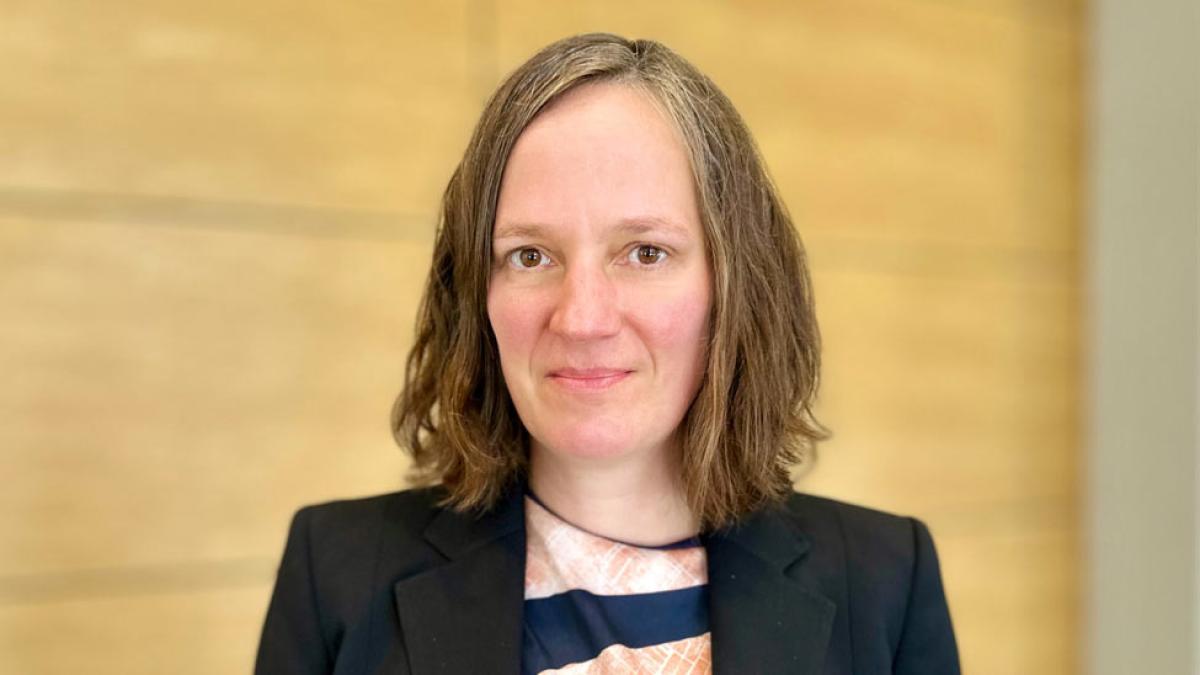
Trump Administration Pushes Deadline For NYC To Kill Congestion Pricing
Haub Law Professor Bennett Gershman weighs in on major national legal debates.
"[The Federal Highway Administration] can't flout the authorization by Congress," Bennett Gershman, a law professor at Pace University, told FOX 5 NY. "Congress has to repeal this law, or they have to work out a plan to implement the law the way they want to, but this is something that Congress has given to the city, the power to do this."
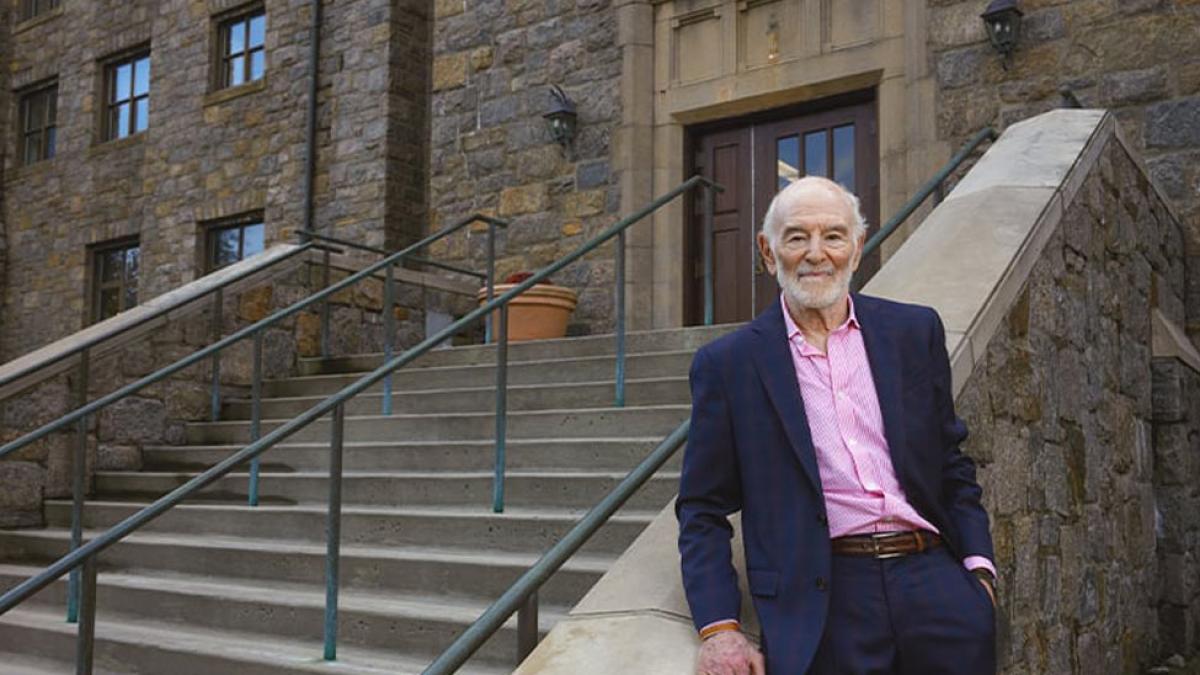
The Trump Signal Leak, That Cringey ‘Fire’ Emoji And The Perils Of Large Group Chats
- Read more about The Trump Signal Leak, That Cringey ‘Fire’ Emoji And The Perils Of Large Group Chats
In USA Today, Dyson Professor Melvin Williams weighs in on the growing legal weight of emojis, cautioning that their meanings—especially in sensitive contexts—should not be underestimated.
